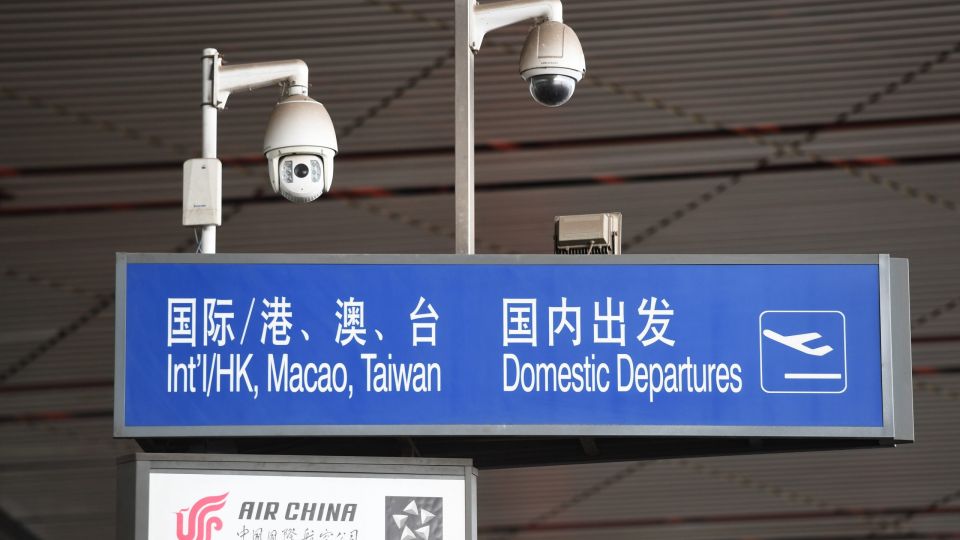November 29, 2018
China’s influence was apparent as the ruling party lost significant seats.
Taiwan’s local election is seen as a midterm report of the President Tsai Ing-wen who just resigned as the chairman of DPP after the party suffered a major defeat. Tsai has been under intense pressure due to the issues of slow economic growth, employment and pension reforms since she took the office.
However, is this the real reason why DPP lost the election?
China has been attempting to interfere in Taiwan elections by espionage and directly threatening Taiwan. Many said that the sudden popularity of the Kaohsiung mayoral candidate, Han Kuo-yu is the product of Chinese interference. Han was nearly unknown in Kaohsiung before he decided to run the election. Nevertheless, he was widely mentioned on the Internet in the past weeks, attracting many attentions. Some suspect that Han is being aided by China so that he could turn around his image in a very short time.
Before the election day, DPP accused Beijing of seeking to sway voters by spreading disinformation on social media, similar to how Russia interfered in American elections. Taiwan officials also discovered that money had been funneled from the Chinese mainland to buy voter support. Additionally, concerns arose about whether China had been financially aiding or pressuring Taiwan’s organizations. According to The Washington Post, analysts said that although domestic concerns were in the foreground, China did play a major factor in voter sentiment.
After DPP’s defeat, China’s state-run China Daily said it means Taiwan’s people unhappy with the government not pulled the island out of quasi-economic stagnation and that its policies “have ignored the interests of many groups”.
“The Tsai administration’s secessionist stance has not only soured its crucial relations with the Chinese mainland, but also made it unpopular with people on both sides of the straits,” the daily said in an editorial.
“The election shows that the Tsai administration has betrayed Taiwan’s interests and become a troublemaker whose actions have drifted farther away from the practical needs of the Taiwan people and the historical truth of the consensus there is only one China.” Cross-Strait communication and cooperation between Taiwan’s local governments and the Chinese mainland are now expected to strengthen following the election, as KMT’s elected mayors have shown the willingness to endorse the 1992 Consensus.
No matter what, the candidates of DPP in Kaohsiung, Taichung and New Taipei City already gave their concession speeches for the loss. Tsai resigned as chairman of DPP. She will remain as Taiwan President, and she will be continuously facing the pressures from China.
— Joyce Weng | Special to The China Post


